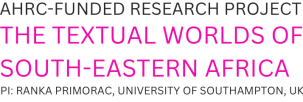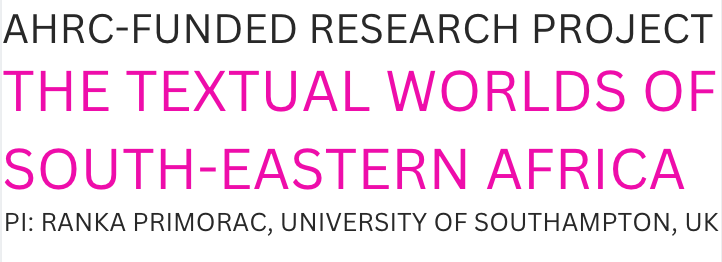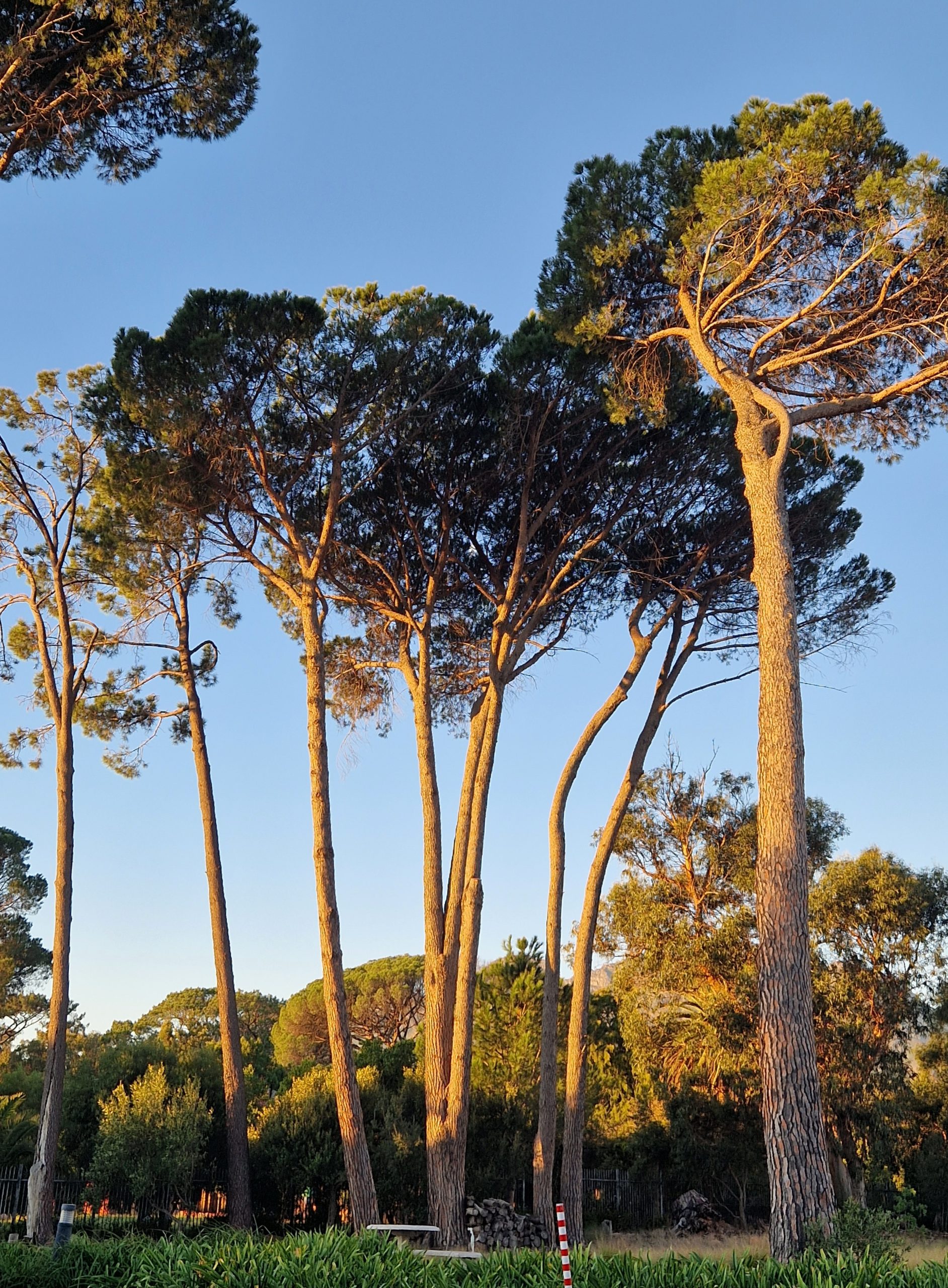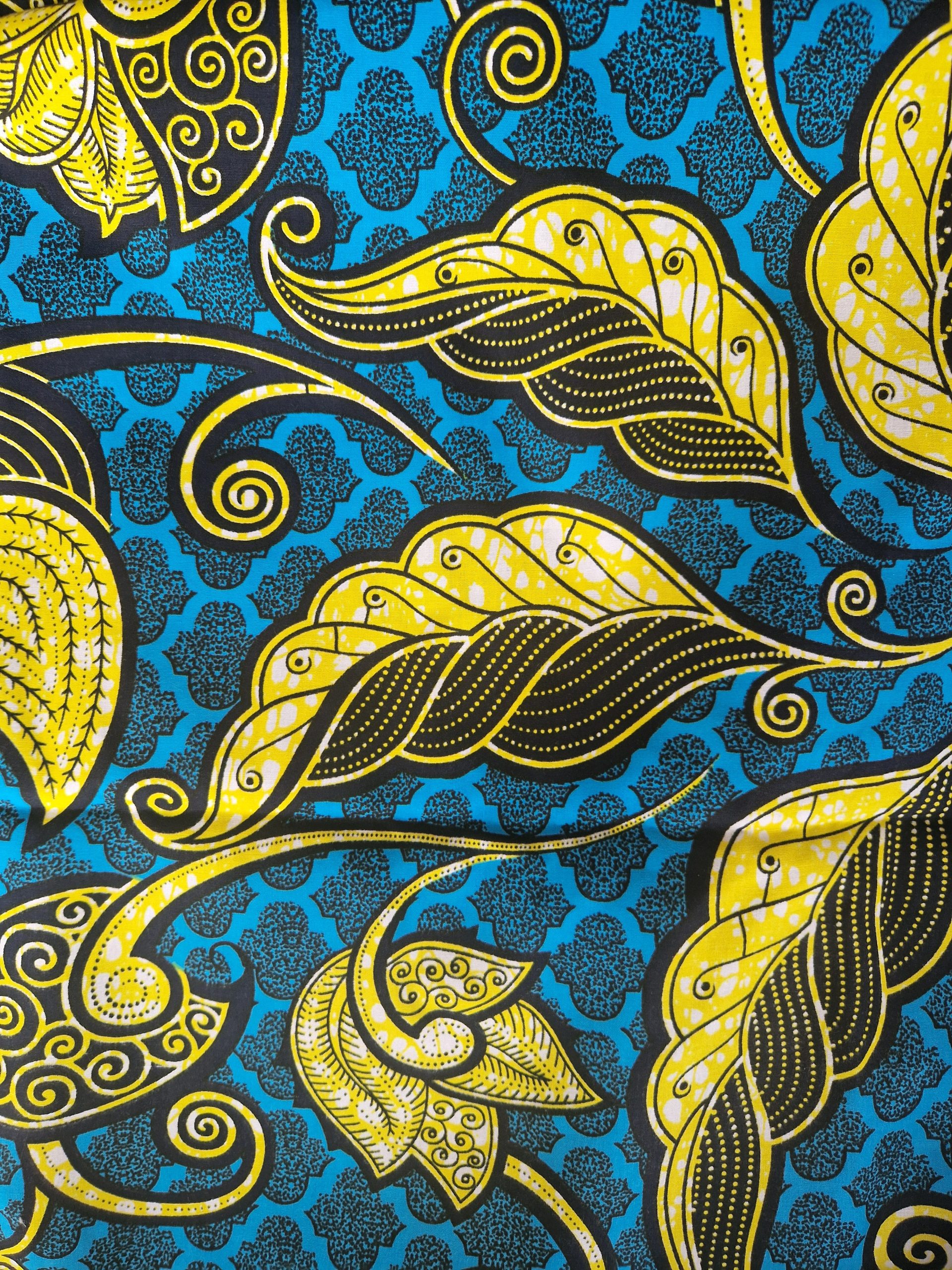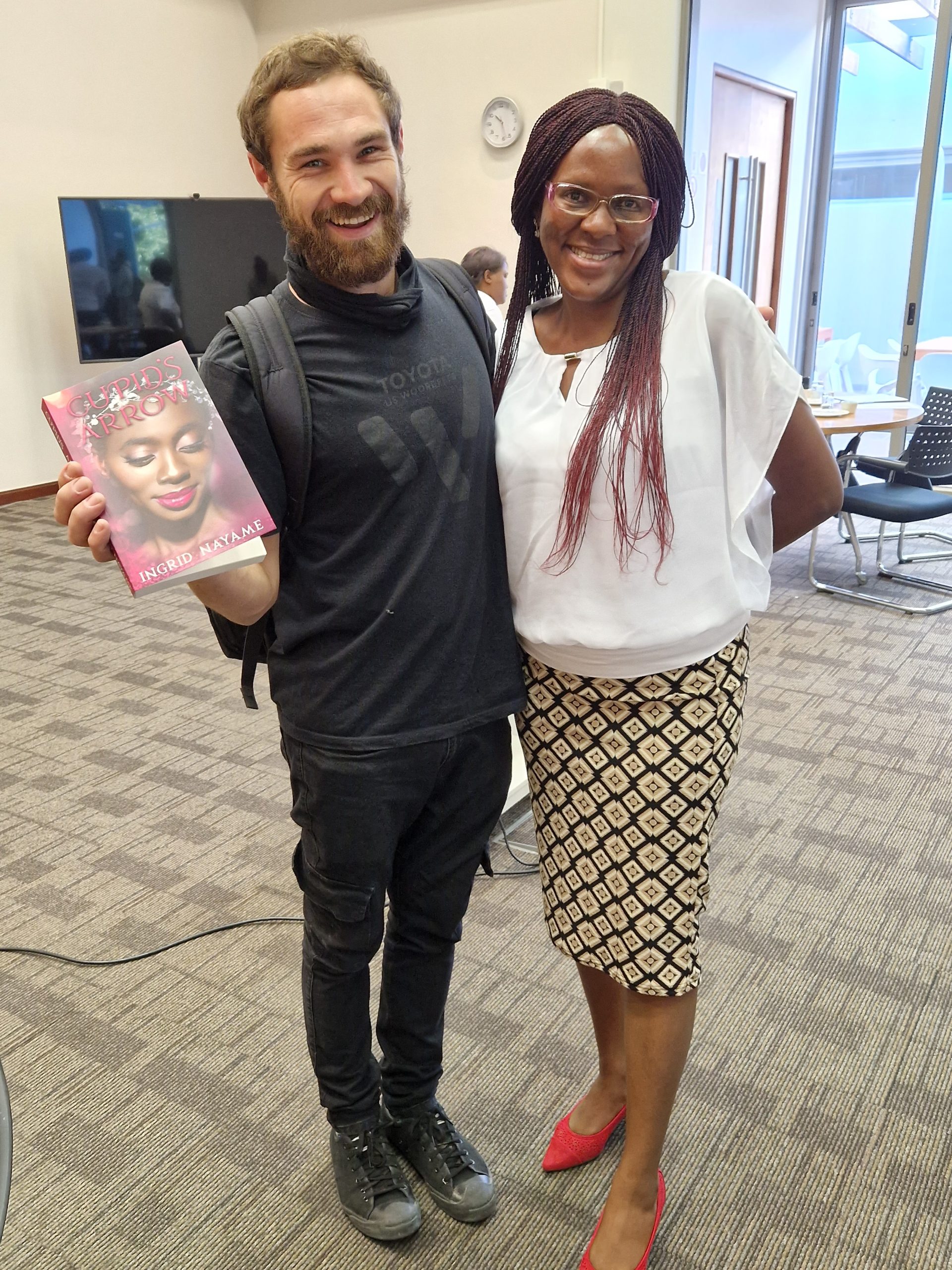Disobedient Forms
Although no formal convention, anywhere, is absolute, African textual forms arguably have a specifically historically configured penchant for resisting the binary categories (official/unofficial, elite/popular, extroverted/introverted, literary/demotic and so on) that scholars often use to classify them. This two-day symposium was set back by the Covid pandemic. When project partners and friends finally gathered at the Stellenbosch Institute for Advanced Study, the result was a joyous and anti-hierarchical interrogation of African genre norms, the values attached to them, and the academic investments that underwrite them. Professor Mwenda Mbatiah of the University of Nairobi participated as an academic; during the symposium, we discovered that he is also an esteemed practitioner of Kiswahili literature. Our colleague Meg Arenberg (an award-winning scholar and translator based at the The African Institute in Sharjah, UAE) interviewed him after the event: that conversation is included among the recordings of the symposium’s key moments. The recording of the conversation between Ranka Primorac and the Zambian author Ingrid Nayame was lost in cyberspace: we have replaced it by a latter-day, more widely ranging conversation about Nayame’s work led by Primorac and project partner Lynda Spencer.
